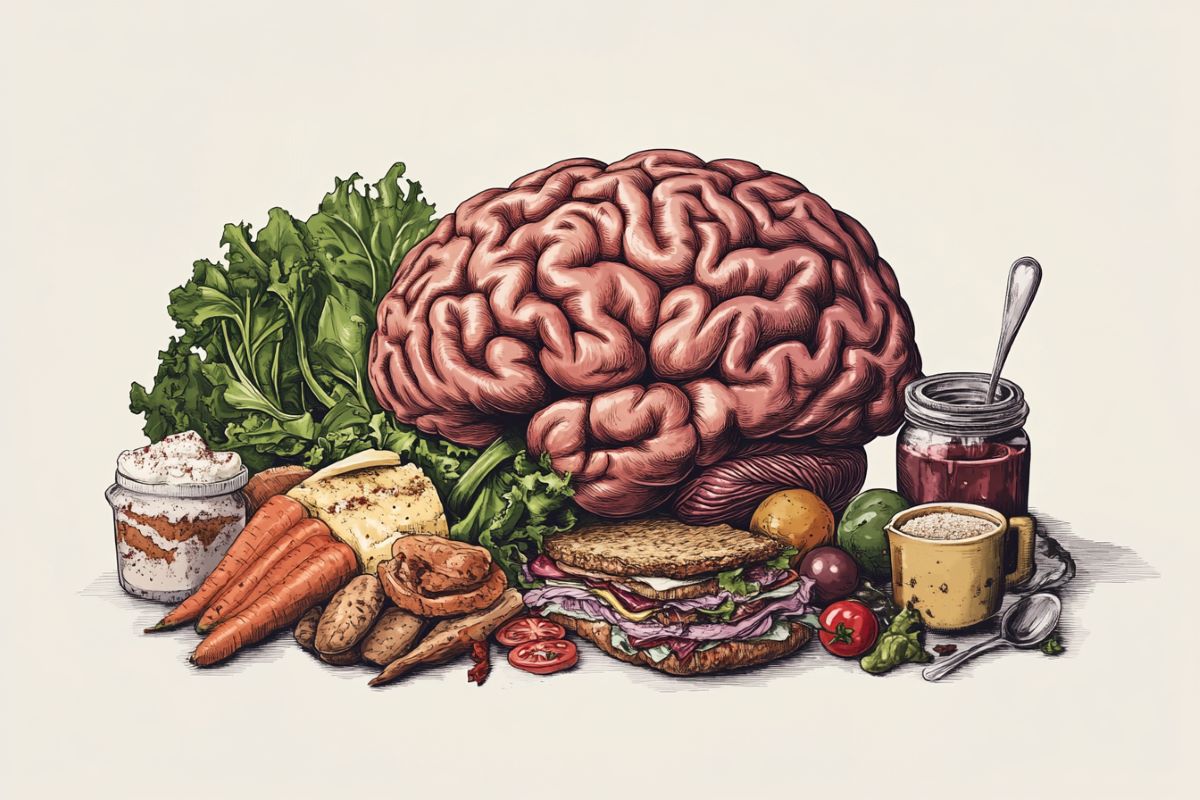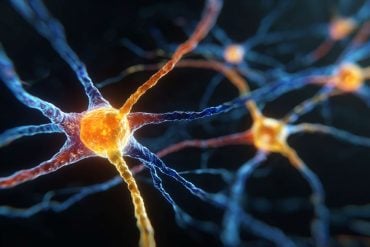Summary: Researchers have identified a previously unknown population of neurons in the hypothalamus that play a critical role in regulating appetite. These neurons express both leptin receptors and the BNC2 gene, making them highly responsive to hunger-suppressing signals and food-related sensory cues.
When researchers genetically disrupted these neurons in mice, the animals ate more and gained weight, highlighting their importance in energy balance. This discovery provides a potential new target for obesity treatments, offering hope for more effective therapies in combating the growing obesity epidemic.
Key Facts:
- BNC2 neurons in the hypothalamus are newly identified as key regulators of hunger and food intake.
- Disrupting leptin receptors in these neurons caused mice to eat more and gain weight.
- These neurons respond to food cues like palatability and nutritional status, unlike previously known populations.
Source: University of Maryland
Obesity affects a staggering 40 percent of adults and 20 percent of children in the United States. While some new popular therapies are helping to tackle the epidemic of obesity, there is still so much that researchers do not understand about the brain-body connection that regulates appetite.
Now, researchers have discovered a previously unknown population of neurons in the hypothalamus that regulate food intake and could be a promising new target for obesity drugs.

In a study published in the Dec. 5 issue of Nature, a team of researchers from the Laboratory of Molecular Genetics at Rockefeller University in New York, the Institute for Genome Science (IGS) at the University of Maryland School of Medicine (UMSOM) in Baltimore, as well as New York and Stanford Universities discovered a new population of neurons that is responsive to the hormone leptin.
Leptin responsive neurons are important in obesity since leptin is sent to the brain from the body’s fat stores to suppress hunger.
“We’ve long known that the hypothalamus—located deep in the brain—plays a role in hunger, hormone levels, stress responses, and body temperature,” said Brian Herb, PhD, a scientist at IGS and a Research Associate of Pharmacology, Physiology, and Drug Development at UMSOM.
His research published in 2023 in Science Advances was the first time that scientists used single-cell technology to map the cells in the developing hypothalamus in humans, from precursor stem cells to mature neurons.
“Since our earlier research showed that unique regulatory programs in genes give rise to specialized neuronal populations—it makes sense that this new research discovered a previously unknown set of neurons that regulate energy and food intake,” Dr. Herb added
Through several experiments with mice, the researchers found that this previously unknown neuronal population that express both receptors for leptin and the BNC2 gene not only helps suppress hunger, but also responds to food-related sensory cues, such as food palatability and nutritional status. For example, the researchers used CRISPR-Cas 9 to knock out the leptin receptor (LEPR) in these BNC2 neurons.
Those mice ate more and gained more weight than control mice. In addition, researchers added fluorescence to the BNC2 neurons and noticed when they fed mice after fasting, the BCN2 neurons activated, whereas previously known neuronal populations in the hypothalamus did not react.
“These findings add a critical new component to our understanding of how neurons impact appetite and obesity,” Dr. Herb said. “This could be a future target for obesity treatment, such as by activating these neurons to reduce weight or suppress hunger.”
About this appetite and neuroscience research news
Author: Heide Aungst
Source: University of Maryland
Contact: Heide Aungst – University of Maryland
Image: The image is credited to Neuroscience News
Original Research: Open access.
“Leptin Activated Hypothalamic BNC2 Neurons Acutely Suppress Food Intake” by Brian Herb et al. Nature
Abstract
Leptin Activated Hypothalamic BNC2 Neurons Acutely Suppress Food Intake
Leptin is an adipose tissue hormone that maintains homeostatic control of adipose tissue mass by regulating the activity of specific neural populations controlling appetite and metabolism.
Leptin regulates food intake by inhibiting orexigenic agouti-related protein (AGRP) neurons and activating anorexigenic pro-opiomelanocortin (POMC) neurons. However, whereas AGRP neurons regulate food intake on a rapid time scale, acute activation of POMC neurons has only a minimal effect.
This has raised the possibility that there is a heretofore unidentified leptin-regulated neural population that rapidly suppresses appetite.
Here we report the discovery of a new population of leptin-target neurons expressing basonuclin 2 (Bnc2) in the arcuate nucleus that acutely suppress appetite by directly inhibiting AGRP neurons.
Opposite to the effect of AGRP activation, BNC2 neuronal activation elicited a place preference indicative of positive valence in hungry but not fed mice. The activity of BNC2 neurons is modulated by leptin, sensory food cues and nutritional status.
Finally, deleting leptin receptors in BNC2 neurons caused marked hyperphagia and obesity, similar to that observed in a leptin receptor knockout in AGRP neurons.
These data indicate that BNC2-expressing neurons are a key component of the neural circuit that maintains energy balance, thus filling an important gap in our understanding of the regulation of food intake and leptin action.






